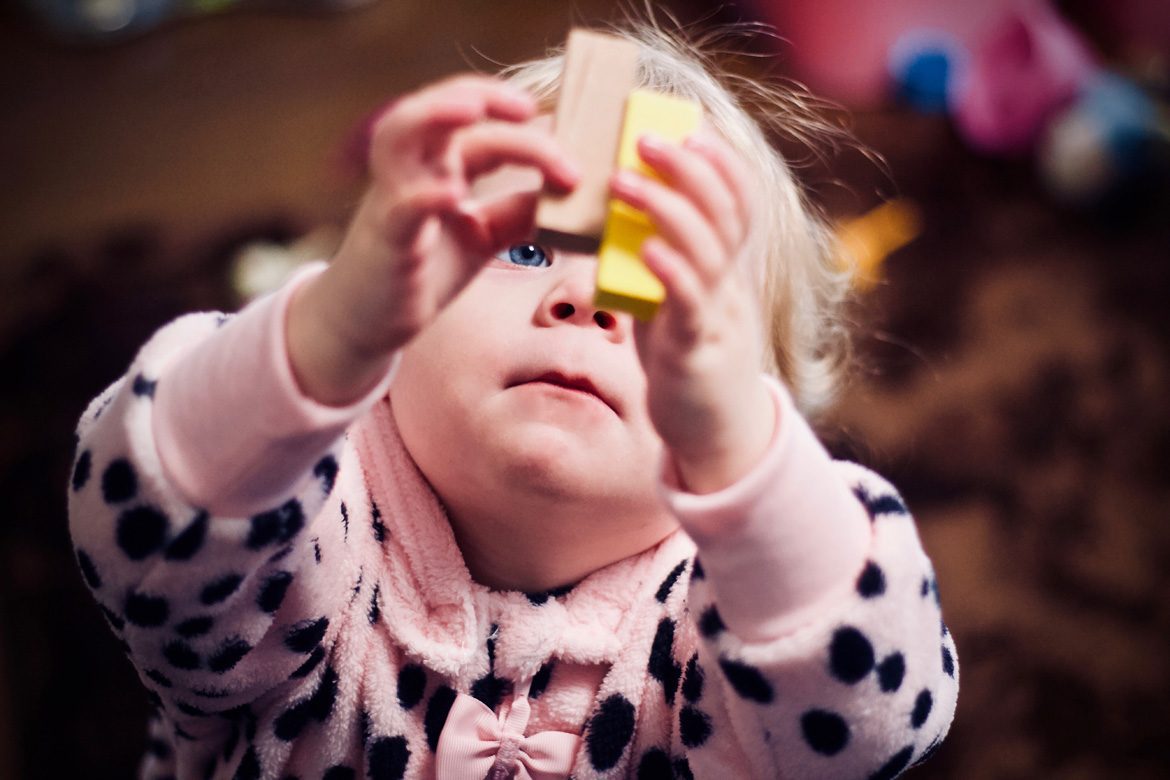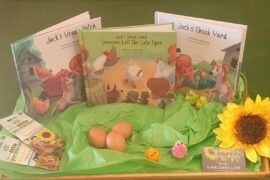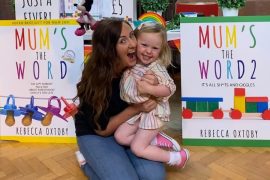By Samantha Johnson
Motherhood, we are being told, must be seen – must be felt – to be a struggle at all times, in order for us to justify that we are actually doing something that matters.
Our work is so often seen to be of such little value, that we have become committed to demonstrating that the effort involved in it requires true and hefty sacrifice and commitment, and that, just like so many other jobs, our role is comprised of nothing but HARD WORK.
We feel it is necessary to stress the importance of just how much of a challenge our days can be; because we see this as the only way we can be heard. Our roles are so quickly dismissed as indulgent and irrelevant, that we are determined to ensure people know just how hard we are working – and the only way we can do this, it seems, is by speaking out about the difficulties we face and the hardships we endure.
I do support, with great passion, the movement of normalising motherhood. I believe we should talk about the trials and the tribulations, share our struggles and the mess and the chaos of it all. I think these open, real conversations are essential and they allow us to find a sense of meaningful connection and community in the midst of a society where we often raise our children in isolation.
But in glamourising the work and struggle of motherhood, we have made it unacceptable to talk about the joy.
We are so repressed that we are not willing to risk further being pushed aside or seen as less hard working or less relevant, by talking about how sometimes – indeed often – motherhood can be wonderful.
Other jobs are able to celebrate their wins – as well as discussing their hardships – because work outside the home, or indeed any work not connected to the raising of children, is seen as valuable. The fact that our job is already seen as ‘easy’ and ‘not a real job’ is why we so desperately cling to the community that perpetuates the misery of motherhood. We are so repressed that we are not willing to risk further being pushed aside or seen as less hard working or less relevant, by talking about how sometimes – indeed often – motherhood can be wonderful.
We have lost the parts of motherhood that bring us joy.
And one of the greatest losses, is the lost art of play.
We do not allow ourselves to engage in acts of play, as they may be seen as frivolous, and we fear that this would completely eradicate any validity there was at all to our roles.
Additionally, play is not something that comes naturally to all parents. We often no longer have the skills to engage in play, or the time or willingness to practise and develop them.
And it is not without reason that we find play so difficult to engage in.
The physicality of it; the constant lifting and running and hiding and jumping and moving can be exhausting and physically demanding on a parent who is already weary and bone achingly tired.
Taking your mind into the realm of imagination is cognitively challenging for many adults. We no longer engage our brains in this way and the transition from thinking ‘adult’ thoughts, to be able to release those and allow imaginative, creative thoughts and play to free flow can be tolling. It requires effort and practice to remember how toys talk to each other, or the type of adventures dolls and superheroes like to engage in.
We worry about looking ridiculous, being judged by family or friends if they see us being ‘silly’; behaving in a way that is not seen as appropriate (this is a primarily female concern – fathers do tend to be commended for engaging in silly play with their children).











